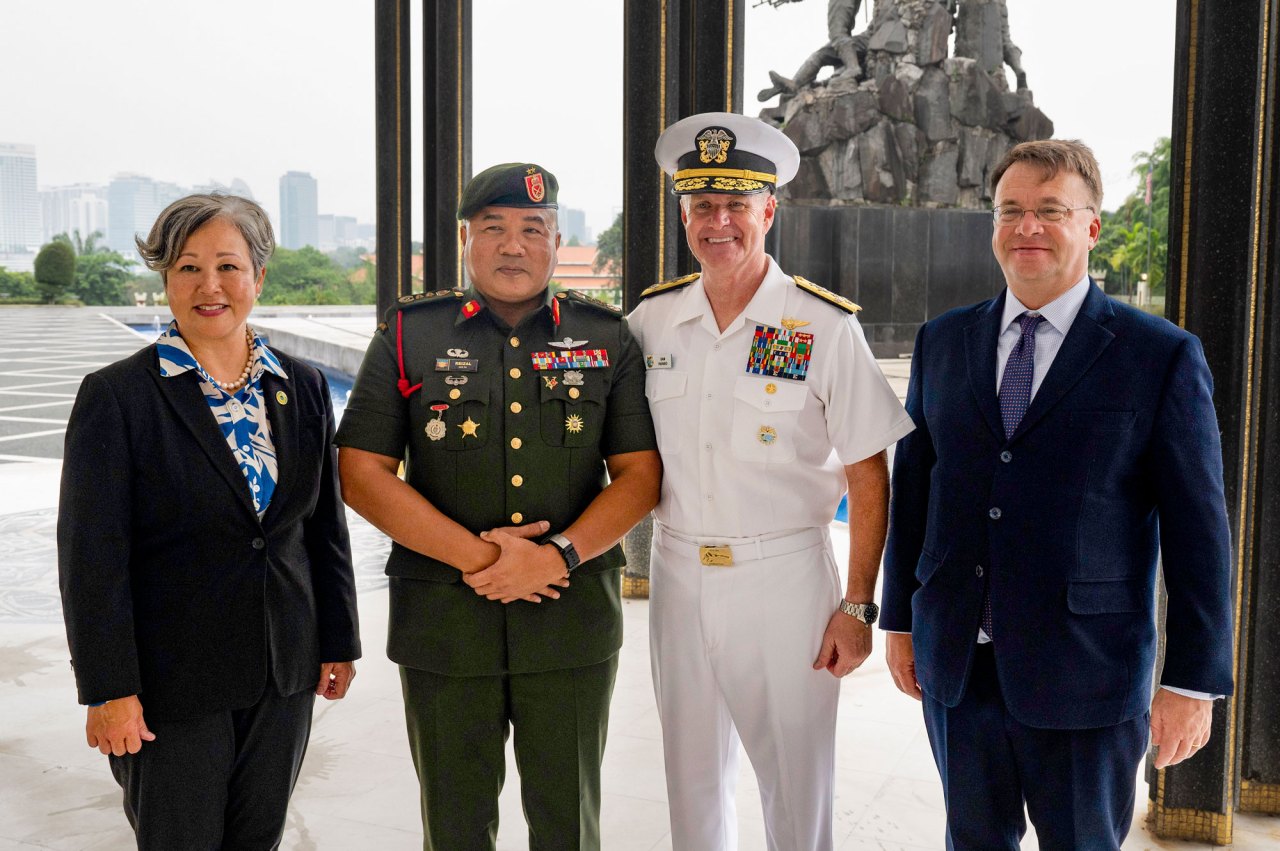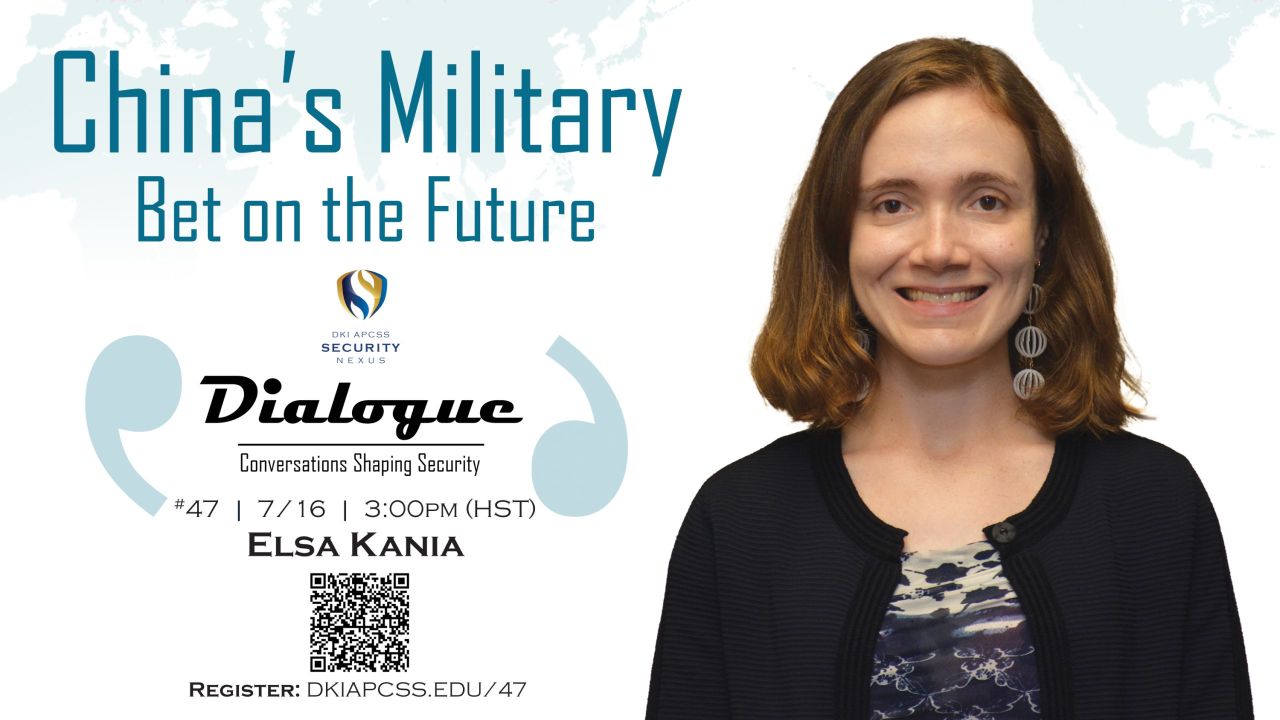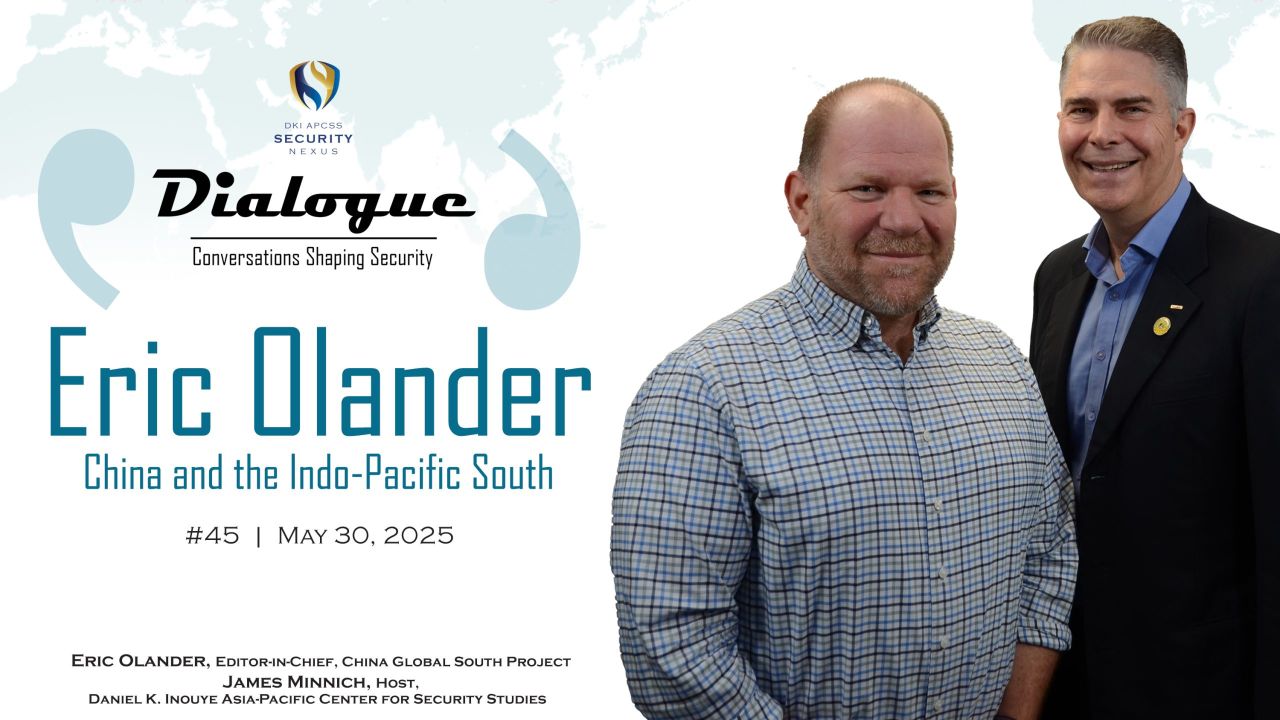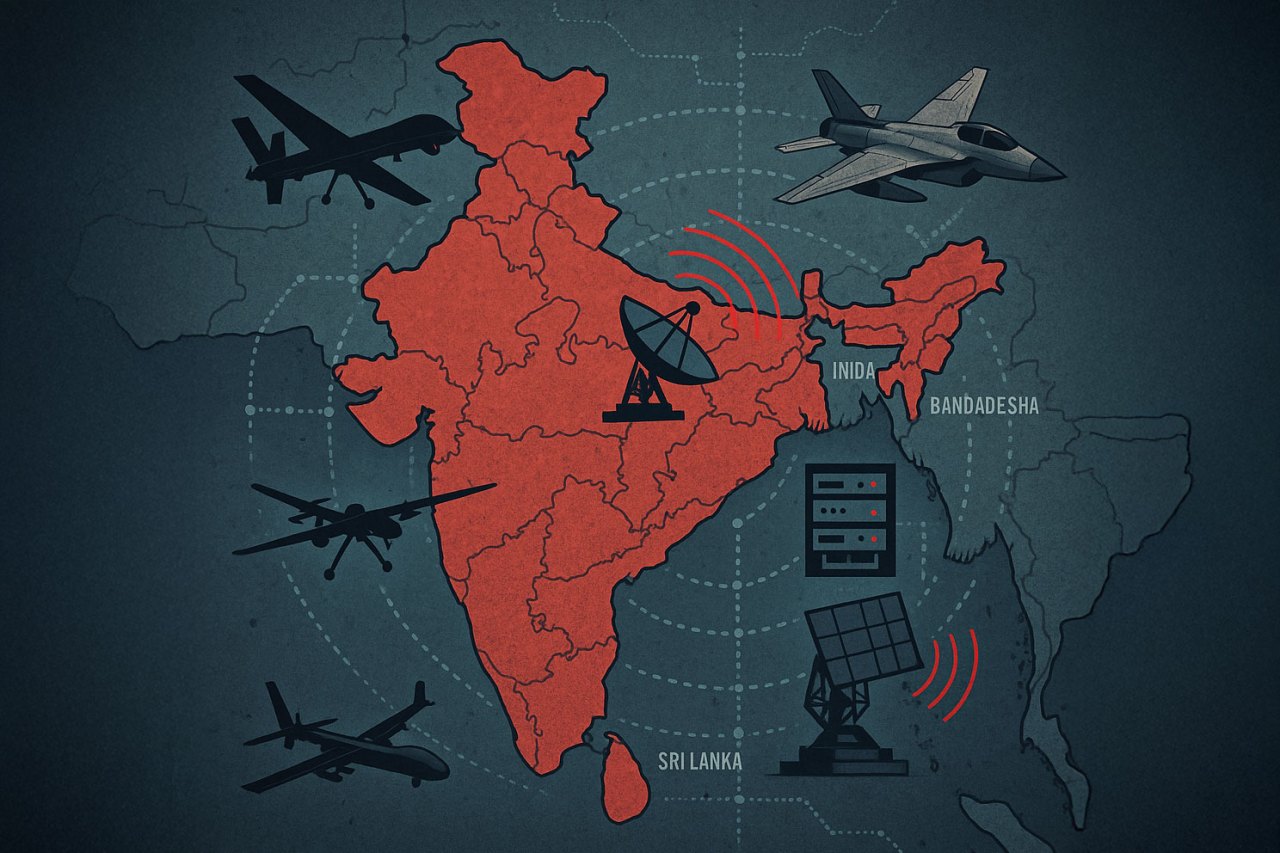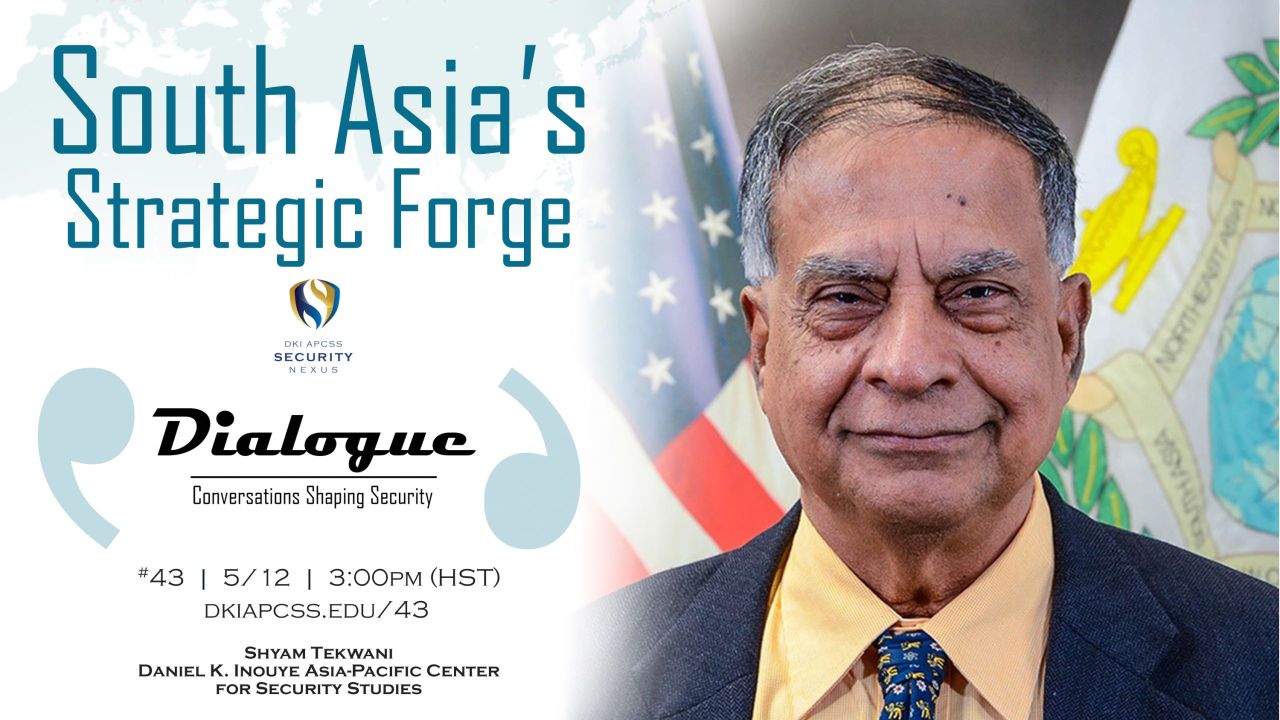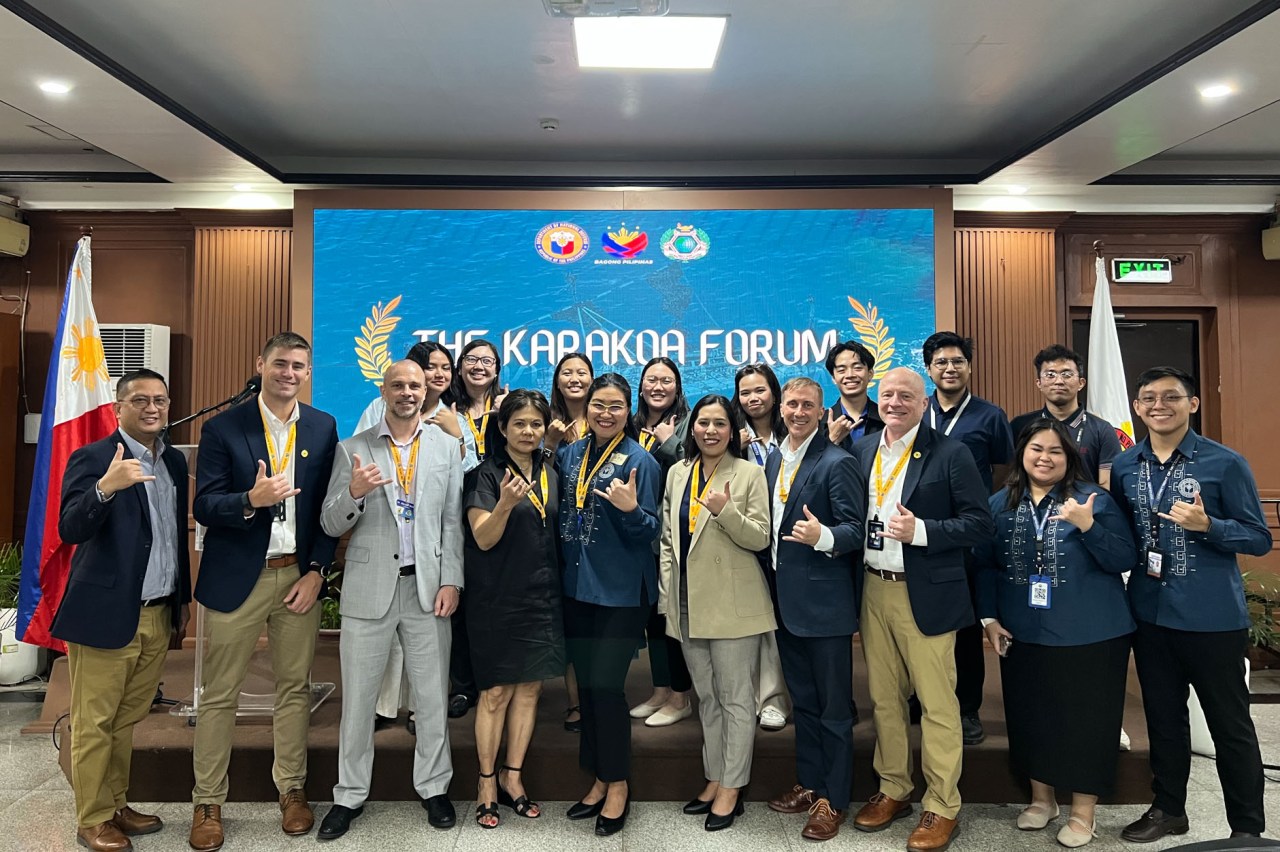Dialogue | Episode 46: Taiwan: Democracy and Deterrence
Taiwan is navigating the dual pressures of domestic democratic contestation and rising external threats across the Strait. In this episode, Howard Shen explores Taiwan’s political dynamics, evolving defense posture, and how identity and deterrence intersect in shaping its strategic future.





